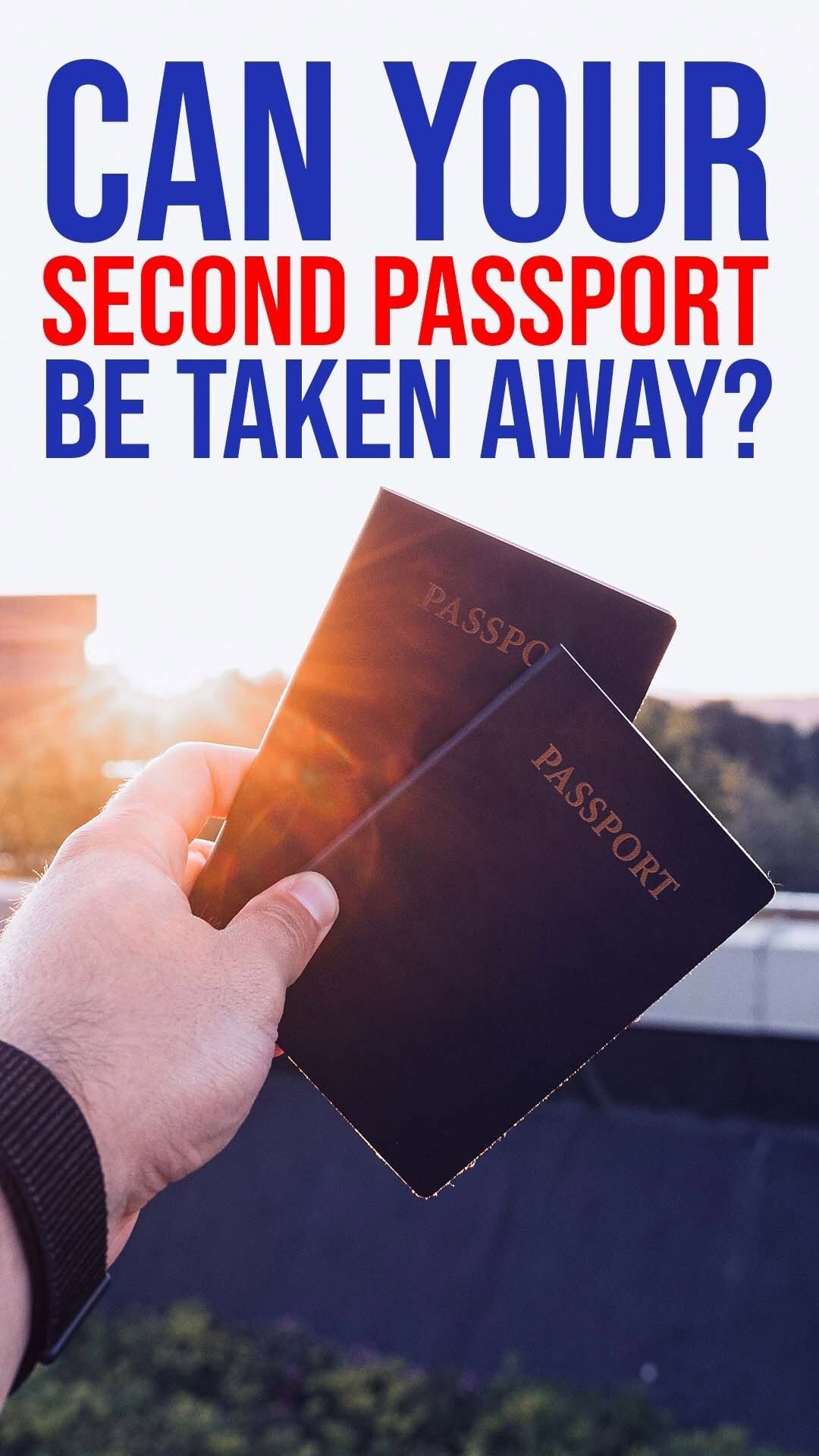

Since 2010, the Global Law Experts annual awards have been celebrating excellence, innovation and performance across the legal communities from around the world.
posted 1 month ago
In the context of increasingly deep international integration, the number of multinational families in Vietnam is growing significantly. Many foreigners have married Vietnamese citizens and are living here permanently. This development raises complex legal issues, particularly regarding Wills in Vietnam for Foreigners: Validity and Inheritance Rights.
Questions often arise about whether a will made abroad is recognized under Vietnamese law, and how inheritance rights are applied to children or heirs living overseas. Vietnamese legislation provides specific rules on the recognition of foreign wills, the legal procedures for inheritance, and the rights of both local and international heirs. For foreigners residing in Vietnam, ensuring that wills are properly drafted and compliant with Vietnamese law is crucial to safeguard inheritance rights and avoid disputes.
According to the 2015 Civil Code and the Law on Marriage and Family of Vietnam, wills made in Vietnam by foreigners are fully legally valid if they meet the following conditions:
Notably, Article 680 of the 2015 Civil Code stipulates: “For inheritance relationships involving foreign elements, the law applicable to inheritance is the law of the country of which the person leaving the inheritance was a citizen before death.”
Specific case: If a foreign national with U.S. citizenship makes a will in Vietnam regarding property in Vietnam, U.S. law will govern the substantive issues. Meanwhile, Vietnamese law will govern the formal aspects of the will and the procedures for exercising inheritance rights.
However, in the case of a foreigner owning real estate in Vietnam, according to the principle of “the law of the place where the real estate is located,” the inheritance of that real estate must still comply with the provisions of Vietnamese law.
Absolutely. Children of the deceased (whether biological, adopted, or stepchildren) living abroad still have the right to inherit property in Vietnam in the following cases:
Furthermore, the nationality and place of residence of the heir do not affect their right to inherit, provided that they meet the conditions for inheritance under the law.
When the will only lists the name of the current spouse without mentioning the children, the situation is handled as follows:
Regarding the estate in the will:
In accordance with the principle of respecting the testator’s will, the assets specified in the will shall belong to the subsequent spouse in accordance with the contents of the will.
However, if the children of the testator are entitled to reserved inheritance (minor children or adult children who are legally incompetent), they will still receive the reserved portion of the inheritance as stated above.
Specific example:Mr. John (British national) married Ms. Lan (Vietnamese national) and had a son, Tom (16 years old, living in the UK with his grandmother). Mr. John made a will in Vietnam, leaving his entire house in Hanoi to Ms. Lan without mentioning Tom. According to the regulations, Tom is still entitled to 2/3 of the portion he would have received if he had inherited according to the law. Thus, if Tom would have received 1/2 of the property under statutory inheritance, in this case, Tom would receive 2/3 of 1/2, which is 1/3 of the house’s value.
Vietnamese law does not use the term “mandatory heir” but has provisions regarding those entitled to a reserved share of the estate under Article 644 of the 2015 Civil Code, including:
Notably, this provision applies even if the testator is a foreign national but the inherited estate consists of assets in Vietnam, particularly real estate.
Read more in the article: https://hmlf.vn/will-2/protection-of-vulnerable-individuals-in-inheritance-matters-in-vietnam/
Children residing abroad who wish to inherit property in Vietnam must follow the procedures below:
Step 1: Prove heir status
Prepare documents proving the relationship with the deceased (birth certificate, adoption certificate, etc.)
These documents must be consular legalized if issued abroad (unless exempted under international treaties)
Translate into Vietnamese and notarize the translation
Step 2: Inheritance procedures
Submit an application for the division of the inheritance
Provide the will (if available)
Divide the estate according to the agreement or in accordance with the law
Pay inheritance tax (if the value of the inherited assets is 10 million VND or more)
Step 3: Procedures for transferring assets abroad (if necessary)
For cash: Follow the regulations on foreign exchange management
For real estate: Foreigners who are not eligible to own residential property in Vietnam must transfer or sell the property
Heirs residing abroad may authorize relatives or lawyers in Vietnam to perform the above procedures through a power of attorney legalized by the consulate.
Time limit for inheritance claims:
According to Article 623 of the 2015 Civil Code, the statute of limitations for inheritance lawsuits is 30 years for real estate and 10 years for movable property, counting from the time of inheritance (the time when the person who left the inheritance died).
A will made in Vietnam by a foreigner is legally valid when it meets all the formal and substantive requirements under the law. On the other hand, children residing abroad still have legal inheritance rights. In particular, minors or adults who are legally incompetent are always protected through the reserved inheritance regime.
To ensure legal validity and avoid disputes, foreigners making a will in Vietnam should:
If you or a loved one is facing issues related to international inheritance, wills with foreign elements, or inheritance rights of children abroad, contact Harley Miller Law Firm—a law firm specializing in international inheritance—for detailed advice tailored to your specific situation.
With years of experience assisting international clients with wills and inheritance matters involving foreign elements, Harley Miller Law Firm will help you and your family avoid unnecessary legal risks and maximize the protection of your legal rights.
Email: miller@hmlf.vn
Phone/Whatsapp: +84 9372 15585
Author


No results available
posted 5 hours ago
posted 7 hours ago
posted 20 hours ago
posted 1 day ago
posted 1 day ago
posted 1 day ago
posted 1 day ago
posted 1 day ago
No results available
Find the right Legal Expert for your business
Global Law Experts is dedicated to providing exceptional legal services to clients around the world. With a vast network of highly skilled and experienced lawyers, we are committed to delivering innovative and tailored solutions to meet the diverse needs of our clients in various jurisdictions.

When your international business faces financial distress, quick action is key! 🔑 Negotiating with creditors, restructuring debt, and understanding insolvency laws can help regain stability. Global Law Experts is here to guide you through your options.
🌍Explore the details on our website.
🔗Link in bio
#GlobalLawExperts #CommercialLaw #BusinessLaw #LegalAdvice #BusinessGrowth #LegalTips #BusinessStrategy #LegalCompliance #Law #LegalKnowledge #LegalAwareness #Law101 #LegalEducation #IntellectualProperty

Running a business is hard enough — lawsuits shouldn’t make it harder. 🚫 Protect your business with the right legal strategies and expert tools from Global Law Experts. Let’s secure your future together! 💼
🌍Explore the details on our website.
➡️www.globallawexperts.com
#GlobalLawExperts #CommercialLaw #BusinessLaw #LegalAdvice #BusinessGrowth #LegalTips #BusinessStrategy #LegalCompliance #Law #LegalKnowledge #LegalAwareness #Law101 #LegalEducation #IntellectualProperty #Infringed #Ecommerce #LegalBranding

Using NRIC numbers as passwords or identity proof? That era is done. Strengthen your security with multi-factor authentication and biometrics—because your clients' trust depends on it.
#SingaporeLaw #DataPrivacy #CyberSecurity #PDPA #NRIC #MFA #StrongAuthentication #LegalCompliance #ClientTrust

Swiss law protects secured lenders—with precision. From real estate to IP and bank accounts, every asset counts—just as long as it’s defined, documented, and delivered.
#SwissLaw #SecurityInterest #Collateral #InternationalLending #SwissFinance #LegalCompliance #GlobalBusiness #AssetSecurity

Gold trading in Saudi Arabia isn’t just a business—it’s a lab test, a permit, and a legal tightrope. Want to succeed? Start with compliance, hallmarking, and permits—or risk losing it all.
#GoldTrading #SaudiLaw #PreciousMetals #BusinessSetup #LegalCompliance #GlobalBusiness #SaudiArabia #TradeRigour

Second citizenship isn’t permanent—especially if you break the rules. Know the risks and how to safeguard your status: be transparent, stay lawful, and honour all citizenship requirements.
#SecondCitizenship #CitizenshipRisks #DualNationality #Compliance #GlobalMobility #LegalAdvice #ImmigrationLaw

Send welcome message